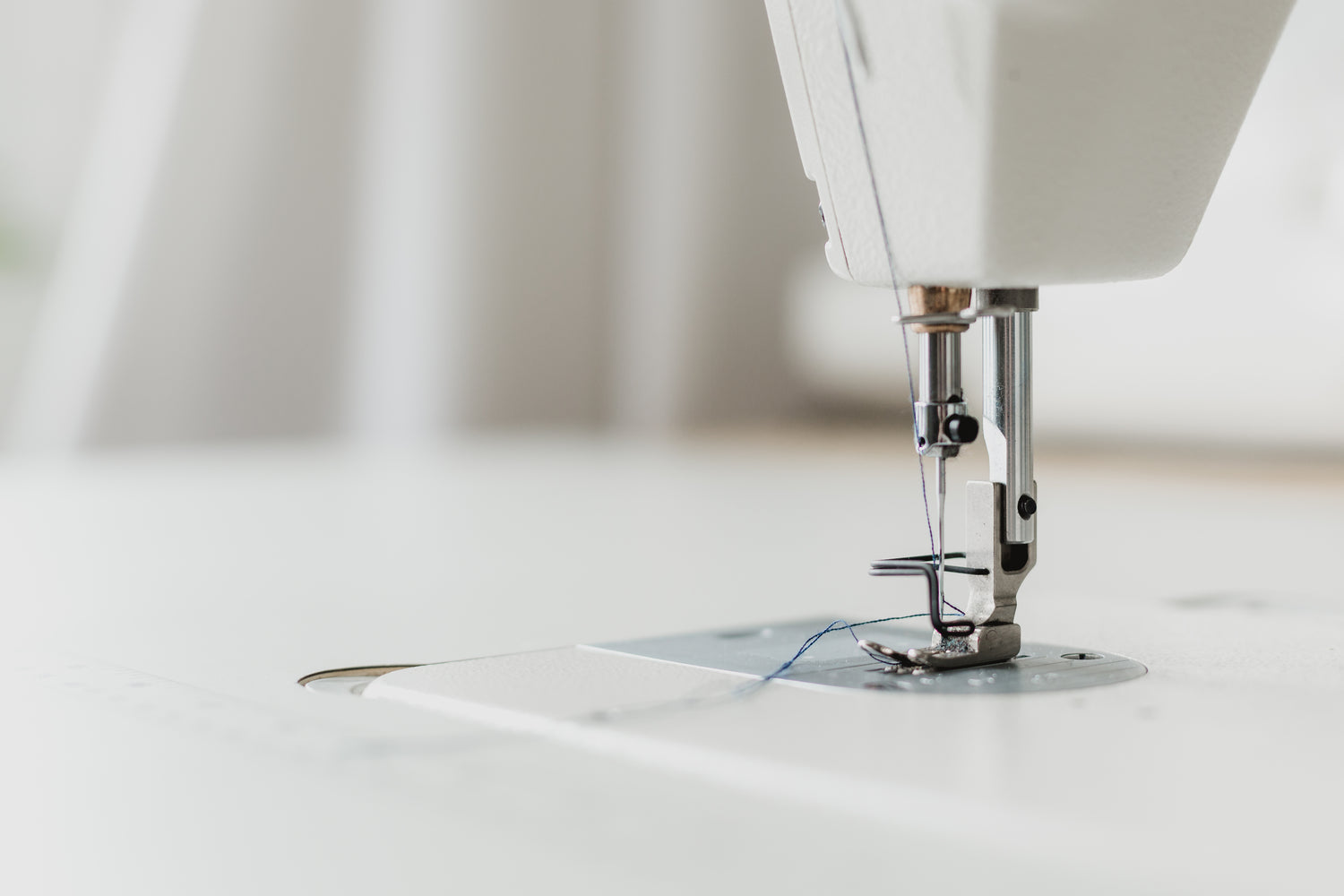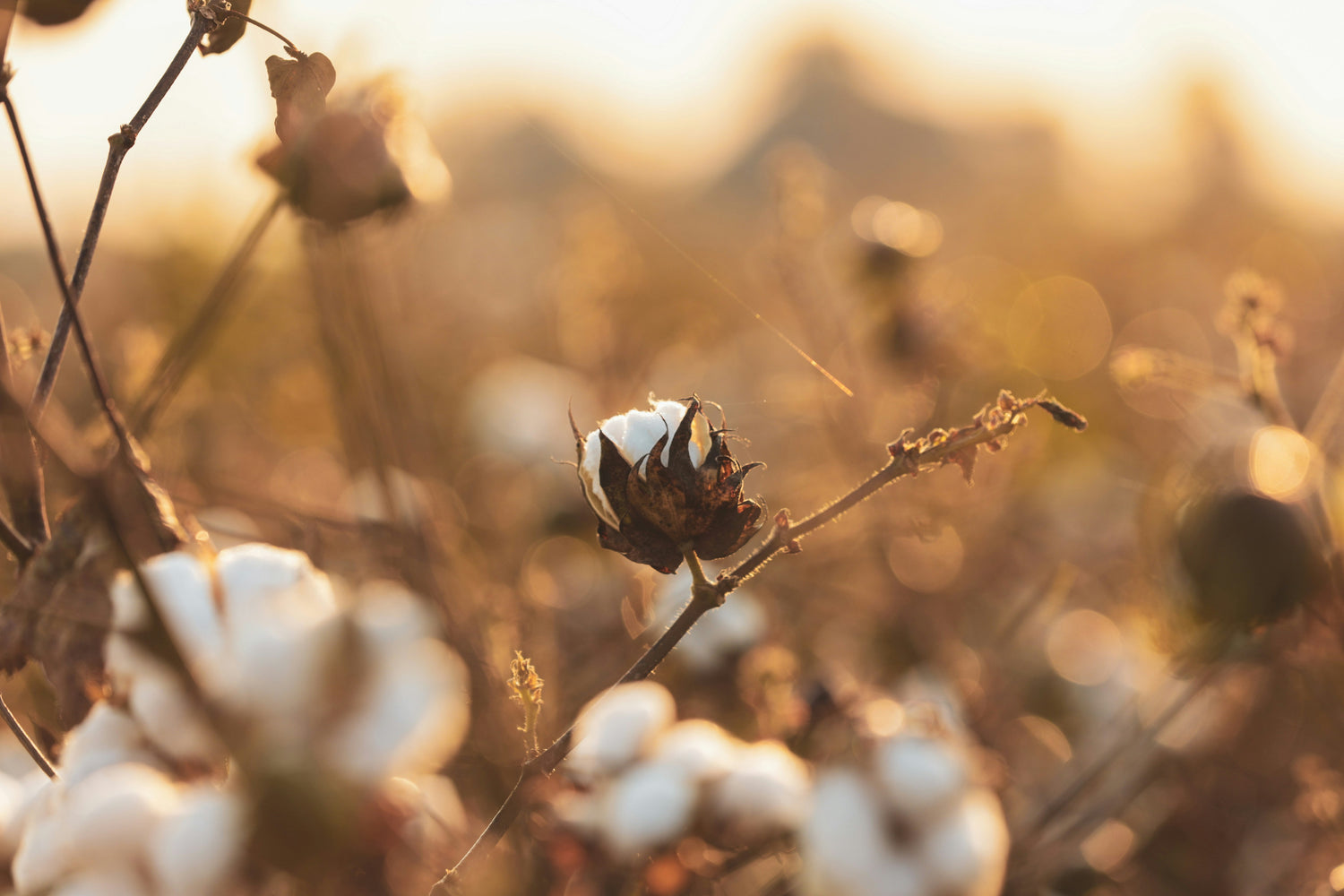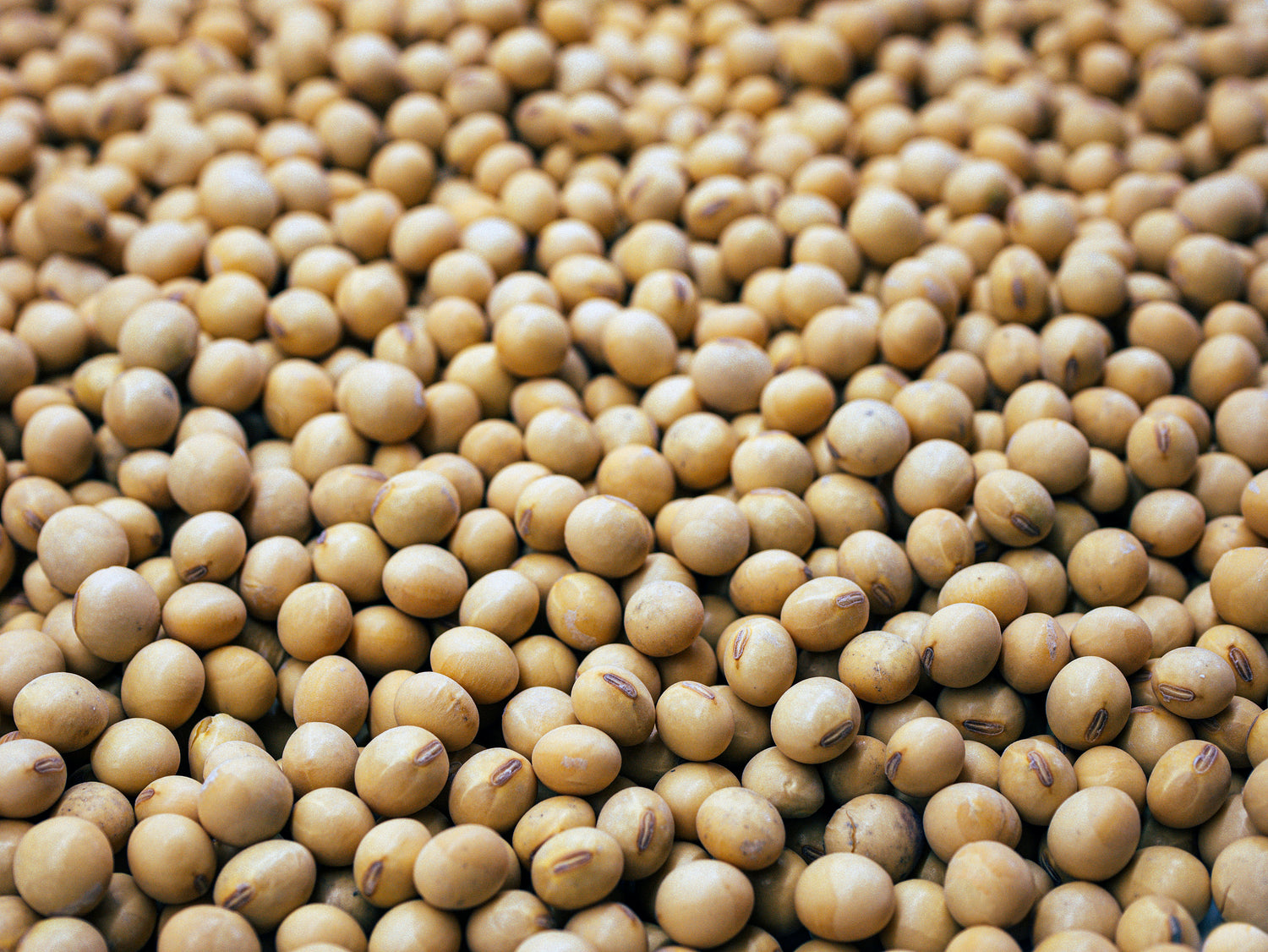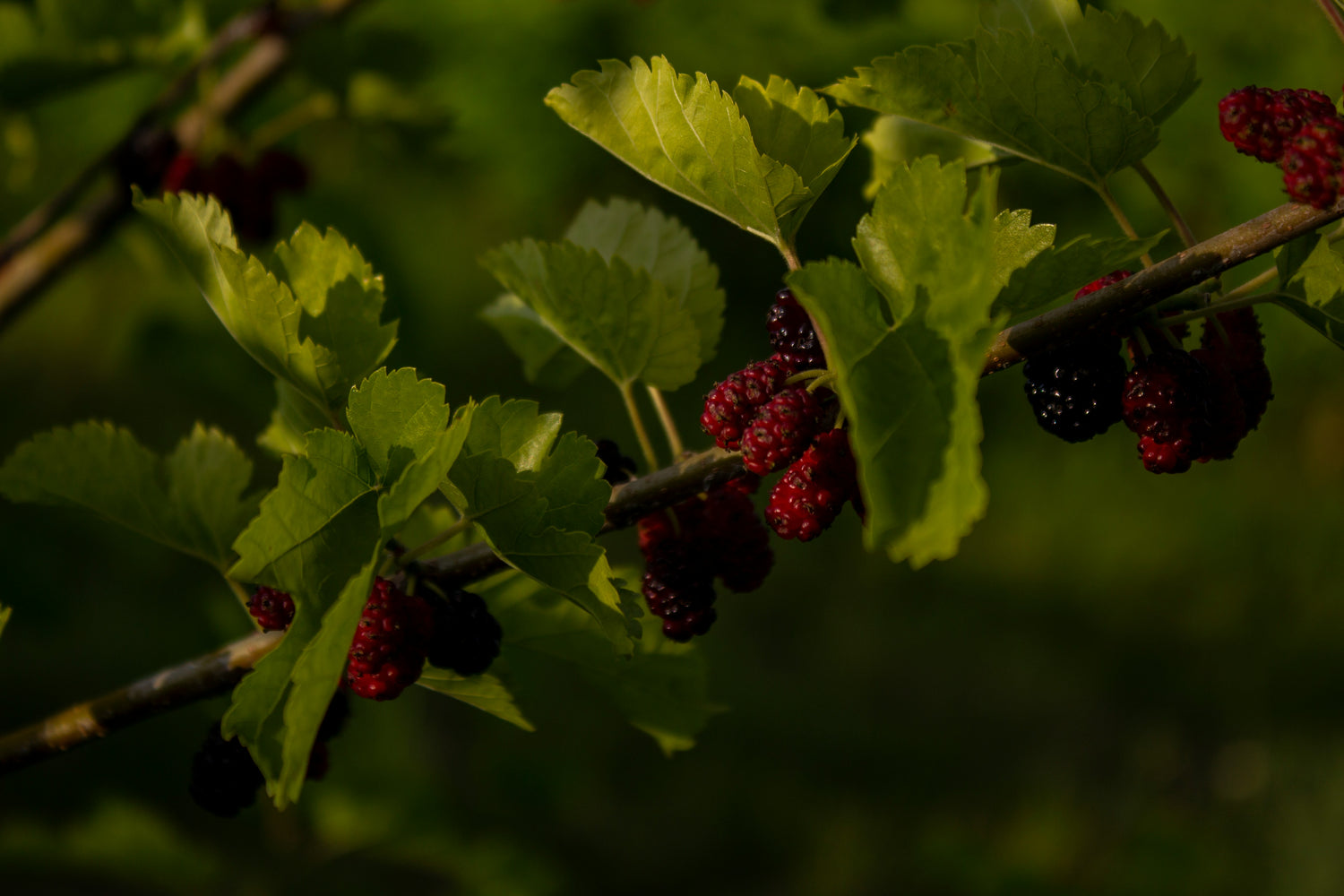Organic mulberry fiber, an ecological alternative to animal leather
The leather industry is one of the most polluting in the world and the most harmful to animals. Each year, more than a billion animals are slaughtered for this industry, which also uses chemicals, dangerous for the environment and workers. Synthetic alternatives, such as plastic, petroleum and PVC, are just as toxic to the environment.
To overcome these problems, vegan and ecological alternatives have been developed, such as organic mulberry fiber, also known as “ Hanji ”. This fiber has been certified by official inspection agencies in South Korea for its qualities and effectiveness.
Organic mulberry fiber manufacturing process:
The fiber manufacturing process Hanji begins with the bark of the mulberry tree grown in South Korea. This bark is steamed, then the different layers are removed to obtain the internal fibers which are then washed, dried in the sun and immersed in cold water to remove impurities. The balls of fiber undergo a light beating by hand to separate them, so they can be woven with organic cotton and give life to this unique textile. This material is just as innovative for its antibacterial and deodorizing properties. It is lightweight, breathable, windproof and absorbs moisture when exposed to the outdoors, releasing it when the weather is dry. To the touch, it is soft and firm.

LO NEEL , looking for innovative and sustainable materials:
At the house of LO NEEL , we work every day to offer our customers pieces made in the finest materials , innovative , ethical And ecological . Mulberry fiber represents meticulous work for us, because it is produced in a manner artisanal and respectful of the environment. The Clara bomber jacket is made from this unique fiber, in our French workshop, and has become an emblematic piece of the wardrobe LO NEEL .









